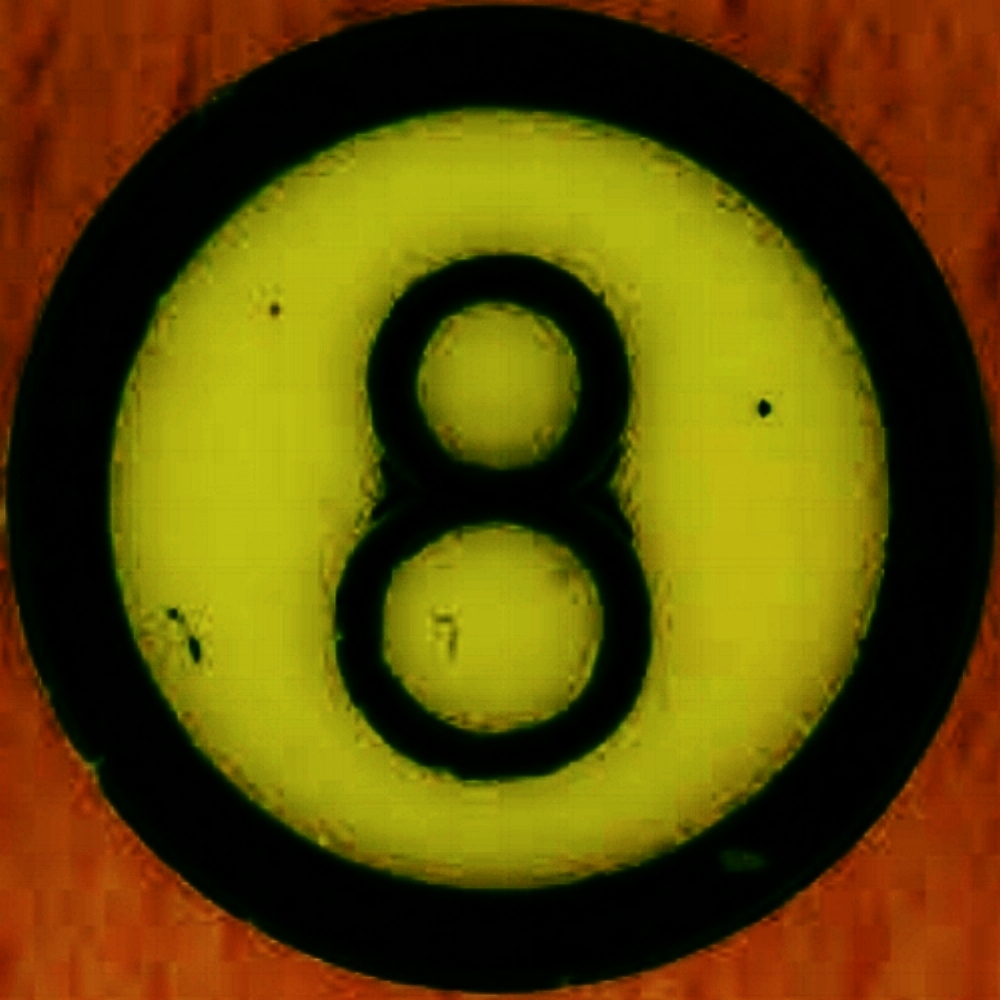I Know This Much is True
We’re walking on the beach when you tell me
that Scottish nature writer W. H. Murray was crossing
the moor toward Glen Coe on September 3, 1939
when he stopped at an inn and learned that war
had been declared. Murray joined up and was posted
to the Highland Light Infantry, which was sent to
the Libyan desert to fight Erich Rommel’s Afrika Korps.
He and his men followed a stupid order to advance on foot
against Rommel’s tanks, and at one point Murray turns
to speak to another man and finds “only a pair of legs,
trunkless and smoking.” It can happen so quickly:
Montaigne was scolded once for being melancholic
in the company of ladies, but he said he was given
to revery and thinking of a friend who, only a few days
earlier, was returning from just such a party, full
of merriment, only to be surprised by fever and death,
“which for all I knew hung about my own head.”
Where you and I are walking, our feet touch neither
the ocean nor the sand but that border where the two touch,
a place that’s there for an instant and then it isn’t.
In 1940, Royal Air Force pilot Paul Farnes fired a couple
of bursts at a German bomber that crash-landed, though
the pilot survived. Farnes brought his own plane in,
and the base commander drove him to where
the downed pilot stood. Farnes held out his hand,
but the German airman said, “Nein!” and waved him away.
Whatever happened to W. H. Murray, I ask, and you say
he survived the desert battle but was taken prisoner
and sent to a camp in Italy, where he begins his book
Mountaineering in Scotland, written on flimsy toilet paper
he gets from the other prisoners by bartering pages
of a Shakespeare anthology his mother had sent him
and whose firm leaves are more suitable
for the hygienic purpose to which the prisoners put them.
Moved to another prison camp in Bohemia, Murray has
his toilet-paper manuscript confiscated and destroyed
by the Gestapo, who think it might be a coded account
of troop movements. Undeterred, he starts on the manuscript
again. The camp is liberated on May Day in 1945,
and Murray returns to his beloved Scottish wilderness,
as thin as a skeleton and barely able to walk but restored
in spirit by the violets and greens and gold of the mountains
and glens. This world is so beautiful. And when it isn’t,
we make it so. “Politeness is artificial good humor,”
said Thomas Jefferson, “it covers the natural want of it,
and ends by rendering habitual a substitute nearly
equivalent to the real virtue.” During one of his earlier
shoot-downs, Paul Farnes watched as the pilot bailed
out of his aircraft and parachuted to the ground.
“I waved to him,” Farnes said, “and I got a wave back.”
David Kirby's collection The House on Boulevard St.: New and Selected Poems was a finalist for the National Book Award in 2007. Kirby is the author of Little Richard: The Birth of Rock ‘n’ Roll, which the Times Literary Supplement of London called “a hymn of praise to the emancipatory power of nonsense” and was named one of Booklist’s Top 10 Black History Non-Fiction Books of 2010. His latest poetry collection is More Than This. He teaches English at Florida State University.
